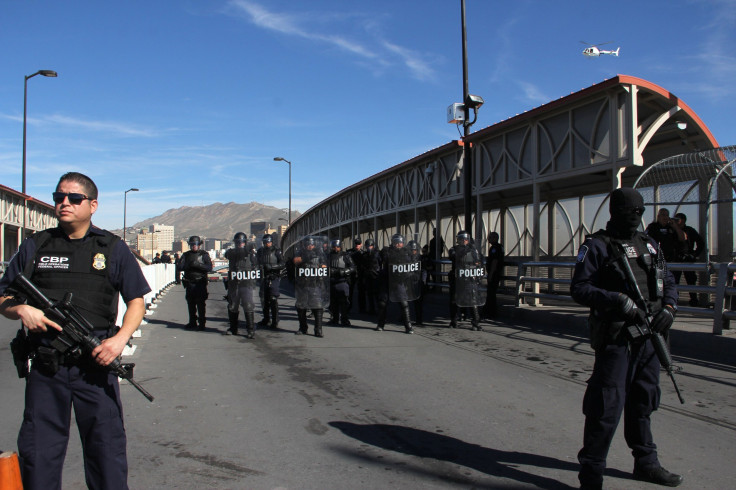Suspense has continued to mount at the U.S.-Mexico Border on the future of restrictions on asylum seekers as they await the lifting of Title 42. With the Biden administration asking the Supreme Court not to lift the limits before Christmas, the migrant crisis grows and looms over border states. The U.S. government pleaded with Chief Justice John Roberts to issue a temporary order to keep the pandemic-era restrictions in place, which were originally set to expire on Wednesday.
Federal officials said the end of the policy will likely lead to “disruption and a temporary increase in unlawful border crossings.” However, the government asked the court to overrule a last-minute effort to maintain a measure that would that allow officials to expel a large number of migrants but not all seeking asylum in the U.S.
According to Associate Press, migrants seeking asylum in the U.S. have been denied 2.5 million times since March 2020 as a public-health rule called Title 42 was issued to prevent the spread of Covid-19. Since the issuance of Title 42, pressure has been building in communities along both sides of the U.S-Mexico border.
In El Paso, Democratic Mayor Oscar Leeser warned that shelters across the border in Ciudad Juárez have reached their maximum capacity with around 20,000 migrants who are ready to cross the border. The city hastily expanded its ability to accommodate more migrants, as the Red Cross brought over 10,000 cots. Local officials had hoped to relieve some of the pressure in the shelters by busing migrants to larger cities and nearby states with the coordination of some non-profit organizations, which in turn may bring migrants closer to their relatives and sponsors.
As a wave of Christmas shoppers from Mexico flock to the border, businesses in San Diego eagerly anticipate the influx of visitors. Troops from the National Guard have been dispatched to the border to ensure order. Razor wires could be seen being used to cordon off a gap in the border fence situated along a bank of the Rio Grande, being that its shallow waters are frequently used by migrants to cross over. Loudspeakers are also being used to inform migrants in Spanish that it is illegal to cross the river.

© 2025 Latin Times. All rights reserved. Do not reproduce without permission.





